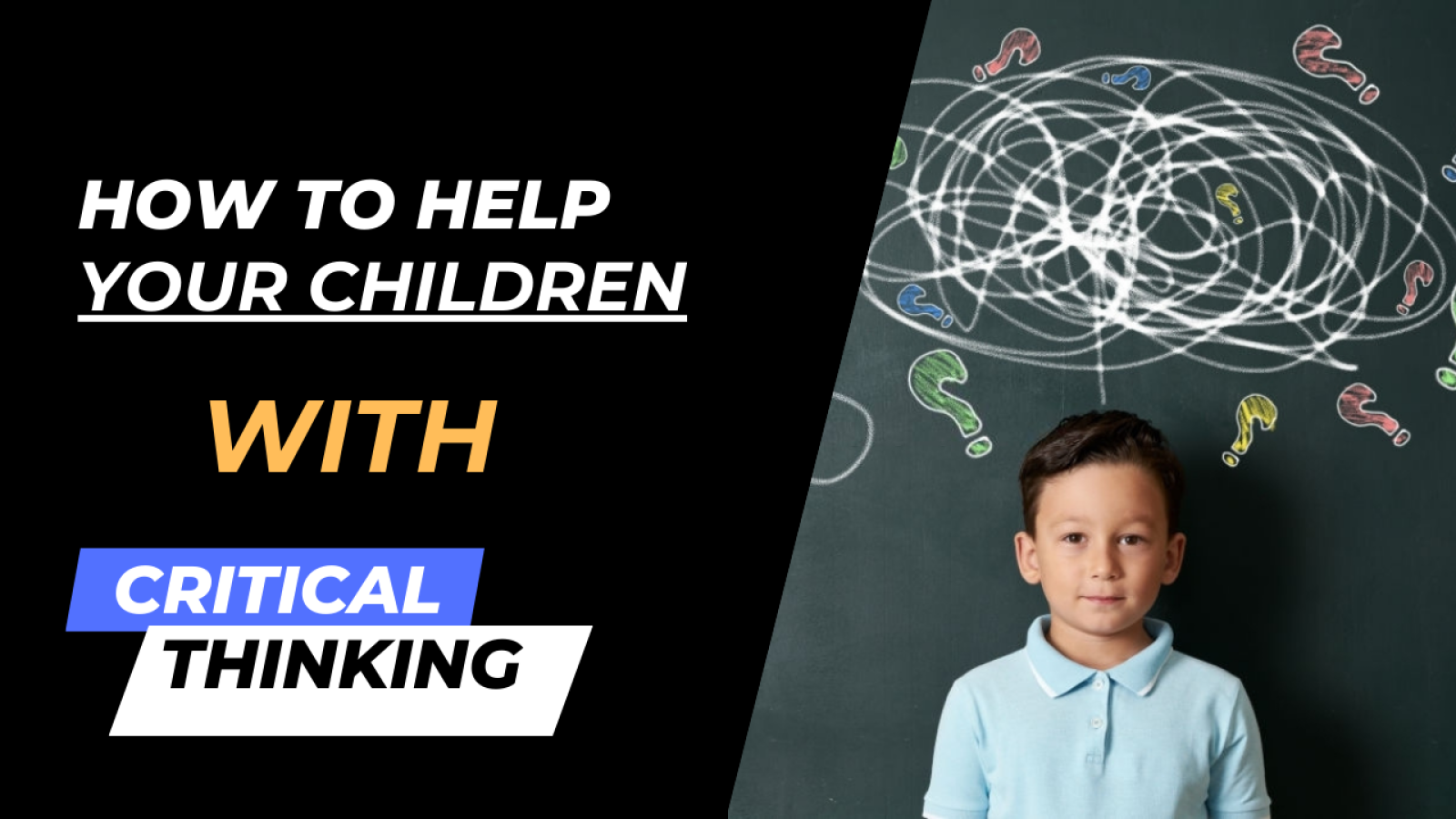
Many students look for answers quickly and feel frustrated when they don’t come easily. They get stuck when things aren’t simple and clear. Let me tell you a story.
There was a boy named Alex. Alex was bright and full of questions, but he didn’t like waiting for answers. He always thought that finding the right answer was all that mattered. One day in class, the teacher gave a tricky riddle for everyone to solve. The question was: “I am not alive, but I can grow. I don’t have lungs, but I need air. What am I?”
Alex scratched his head and looked around. His friends were also thinking hard, but no one seemed to have the answer. He felt frustrated and started guessing without thinking. “A balloon? A fish?” he blurted out. But none of his guesses were right.
The teacher noticed Alex’s frustration and said, “Alex, let me tell you a story.”
Alex’s eyes widened with curiosity.
“There was once a traveler who set out to find the answer to a question that puzzled him. He rushed from one person to another, asking for help, but everyone gave him different answers. Tired and confused, the traveler sat down by a river. He watched the water flow and noticed the way the leaves floated and swirled in the current. He didn’t think about his question for a moment; he just watched and listened.
Suddenly, an old man nearby said, ‘Sometimes, when you stop searching for answers, the answer finds you.’
The traveler smiled and realized that the answer wasn’t in the running and asking; it was in taking the time to look at things from a different angle.”
Alex listened carefully. He looked back at the riddle and thought about what the teacher’s story meant. This time, he didn’t rush. He thought about what needed air but wasn’t alive. Suddenly, it clicked.
“Fire!” Alex said, his eyes lighting up. The teacher nodded with a smile.
Sometimes, finding the right answer isn’t about guessing quickly or running in circles. It’s about stopping, thinking, and looking at the question from a new point of view. Alex learned that when he paused and thought differently, the answer appeared.
When we face problems that seem hard, we can rush and get frustrated, or we can take a breath and try to see the whole picture. Like the traveler, maybe the answers come when we stop and let ourselves see what we missed.
So, the next time you’re stuck, remember: critical thinking isn’t about knowing everything right away. It’s about exploring, pausing, and letting your mind see what’s already there.


